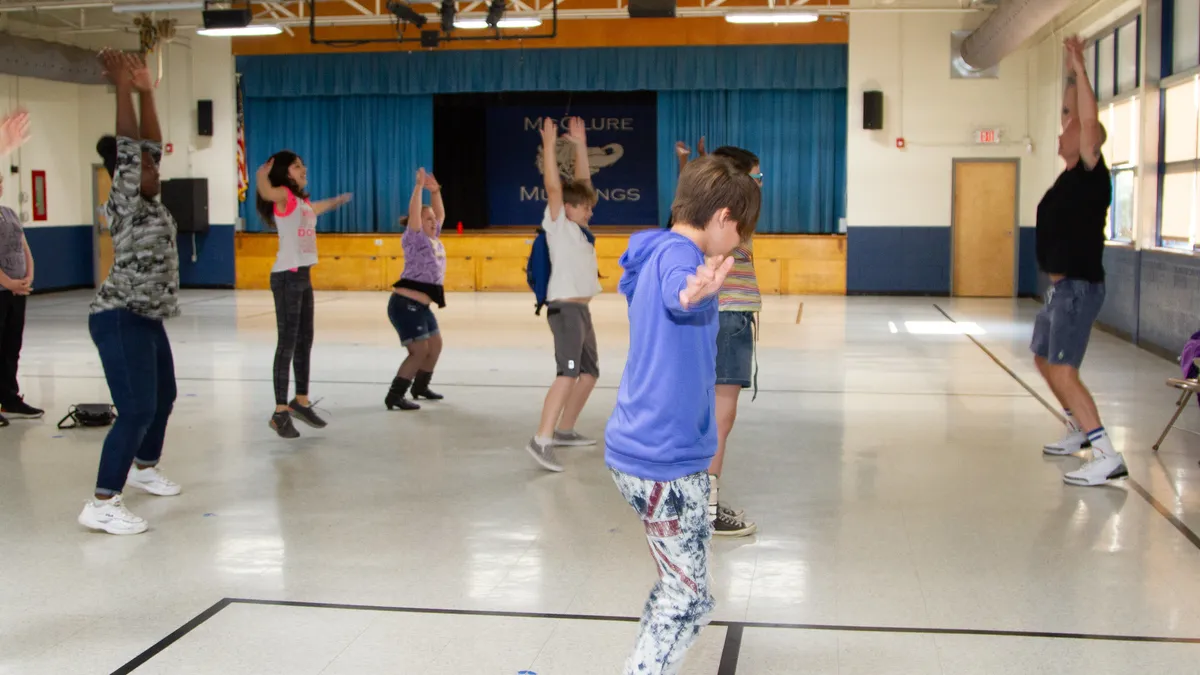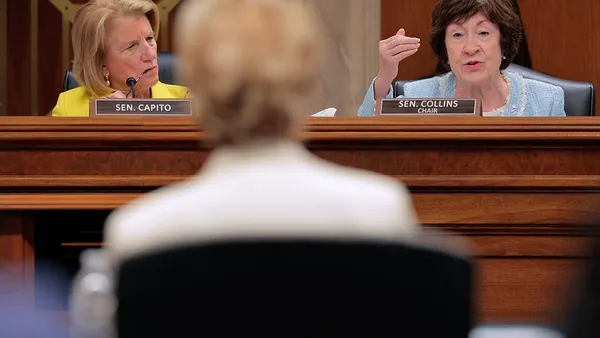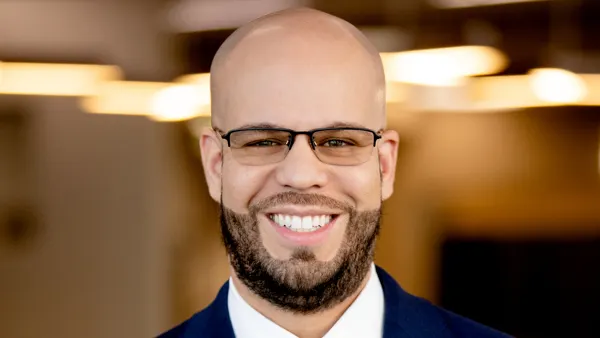Expanding summer learning opportunities and dedicating funds to scale up best practices for student academic and mental health recovery are the focus of two announcements the U.S. Department of Education plans to make at a virtual summit Wednesday.
The summer learning initiatives include technical assistance by nonprofit organizations to states, districts and communities in how they can use American Rescue Plan funding to strengthen enrichment programs.
Also at the summit, the department will begin inviting applications for a total of $160 million in Education Innovation and Research grants. The program will fund 15 to 35 projects aimed at increasing access to project-based learning and advanced coursework, closing gaps in educational opportunities, providing student social and emotional support, and more.
In another summer-focused announcement at Wednesday's summit, the National Summer Learning Association plans to launch an updated, searchable database of 30,000 summer programs across the country as a resource for families.
In an interview in March, association CEO Aaron Philip Dworkin said NSLA's phone had been “ringing off the hook” since the pandemic began in March 2020, with school districts and other organizations seeking advice on building and maintaining quality programs during nonschool hours.
"It's just been a sprint and so, as a result, we've been trying to be as helpful to as many people as we can, everywhere we can," Dworkin said.
Seeking long-term summer programming
Summer and after-school programming is one of the large pockets of ARP investments school systems are making, according to FutureEd at Georgetown University. In fact, school districts will spend $7.5 billion in ARP funding on summer and after-school learning, shows data compiled by FutureEd, using Burbio figures for 3,975 school districts in 50 states representing 65% of the nation's public school students.
Local ARP efforts to engage students during the summer months will be highlighted during the Ed Department summit, including $9 million for youth employment programs in Baltimore and $15 million in Columbus, Ohio, for youth engagement and anti-violence programs.
School systems, however, are on notice that ARP funds have an expiration date. They also know there's pressure to show a return on this investment.
Students in Tulsa, Oklahoma's 2021 “Ready. Set. Summer!” program showed increases in reading and math assessment results from spring to fall testing, Paula Shannon, the district's deputy superintendent, told K-12 Dive in March.
The program's popularity and effectiveness has spurred momentum and collaboration across the city, Shannon said. Yet, the district is making a plan to wean away from federal relief funding and may consider an income-based fee-for-service once it has depleted ARP funds. District leaders are also hoping the program's success will encourage nonprofit and government resources to keep summer learning accessible for the long term.
"Our challenge now is, what do we need to do to make this sustainable, because it is something that we believe in and believe makes a difference for our learners, and it's what our learners deserve," Shannon said.
The ARP Summit is today at 5-9 p.m. EDT.











